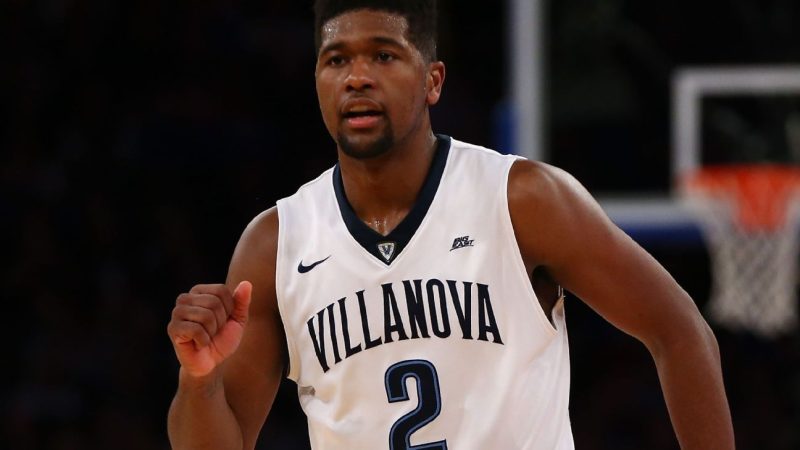
Former Villanova star Kris Jenkins, best known for his game-winning shot in the 2016 NCAA men’s basketball championship game, has filed a lawsuit against the NCAA. The lawsuit, filed in the Southern District of New York, alleges that the NCAA’s rules limiting player compensation violate antitrust laws. Jenkins argues that the NCAA’s restrictions on athlete pay unfairly profit from the labor of student-athletes, preventing them from receiving fair market value for their contributions to the organization’s enormous revenue stream.
This isn’t a new argument. For years, the NCAA’s amateurism model has faced intense scrutiny, with numerous legal challenges and public debates regarding the exploitation of college athletes. Jenkins’ lawsuit adds another significant voice to this chorus, arguing that the NCAA’s rules are not only unfair, but also illegal. The specifics of the lawsuit remain unclear without access to the full filing, but the core contention focuses on the significant revenue generated by college basketball, particularly from television deals and merchandise sales, while players receive little to no compensation beyond scholarships.
The potential impact of this lawsuit is considerable. A successful outcome could drastically alter the landscape of college athletics, potentially paving the way for significant changes in how student-athletes are compensated. This could include direct payments, endorsements, or a share of the revenue generated from their participation. The case will undoubtedly be closely watched by players, coaches, universities, and the NCAA itself, as it could serve as a landmark decision shaping the future of college sports.
While the details of Jenkins’ claims are still emerging, the lawsuit highlights the ongoing tension between the NCAA’s traditional model of amateurism and the increasingly vocal demands for greater fairness and equity in college sports. It will be interesting to see how the NCAA responds and the ultimate outcome of this legal battle, which could reshape the financial dynamics of college basketball and perhaps other collegiate sports as well.









